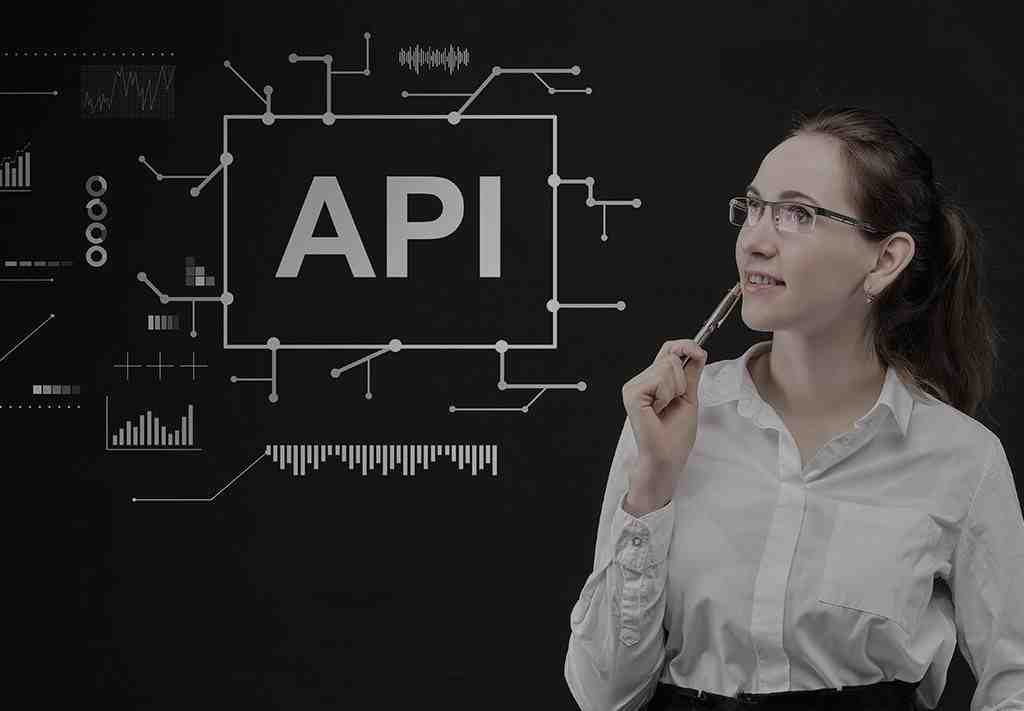What is Smart Bidding
Read this article to understand how Google’s AI is utilized fully with smart bidding.

“Build something 100 people love, not something 1 million people kind of like.”
Brian Chesky, in the aforementioned quote, evidently describes how cutthroat and targeted the market is, and surviving in such an environment where all the fishes are either already sharks, or are aiming to be one, requires technological dexterity and knowledge about what and who to target. Google Ads helps you to bid for what matters the most to you, and with the Smart Bidding feature, it is even easier.
What is Smart Bidding?
Earlier bidding had to be done manually, taking up a lot of the crucial time that could be spent on strategizing different campaigns. With smart bidding, marketers can optimize the campaigns for higher conversions or conversion values. Using advanced machine learning and auction-time bidding. Based on how likely conversion would take place. Google’s smart bidding technology can decide when, where, and how much to bid, and this is all done. In any specific scenario, factors or ‘signals’ such as the location of the user, device, day, and time are all considered.
The smart bidding feature is built in such a way that it can automatically place bid adjustments. Based on the signal, once the algorithm has gathered enough data. If the business goals comprise increasing sales, leads, or returns on ad spend. Then this definitely would be a solid option, as it is equally effective for all kinds of campaigns.
Importance of Smart Bidding
Here’s why smart bidding could prove to be essential for a marketing campaign:
Advanced Machine Learning
In bidding, machine learning plays a crucial role, they help in identifying how different bid amounts might impact conversions by taking into account data at a vast scale. The algorithms are continuously upgraded to predict accurately and generate conversions within the stipulated budget.
Auction-time Bidding
Auction-time bidding gives the option to encompass a wide range of signals into the bid optimizations. These signals comprise manual bid adjustments such as device and location, and the additional signals which are exclusive to smart bidding. This feature allows marketers to focus on other business objectives while leaving the rest on smart bidding.
Flexible overall performance controls
Smart Bidding permits you to set overall performance objectives and personalized settings on your specific enterprise goals, such as:
- Optimize Search bids on your selected attribution model, which includes data-pushed attribution.
- Set device-specific overall performance objectives for mobile, desktop, and tablets with Target CPA bidding.
- Use integrated guidance functions to maintain precise bidding techniques in place.
Transparent overall performance reporting
Smart Bidding gives reporting tools that comes up with a deeper perception of your bidding performance and assists you in quick troubleshooting. These include:
- Bid method reports assist you to recognize how your smart bidding techniques are performing.
- Detailed bid method statuses that display what’s happening below the hood of your bidding.
- Campaign drafts and experiments for search and display campaigns that make it smooth to check how well smart bidding plays against your current bidding method.
- Simulators that forecast how your advertisements would possibly have done in phrases of key metrics like cost, conversions, conversion value, impressions, and clicks in case you had set distinctive CPA, ROAS objectives, or budgets.
- Alerts and notifications that flag troubles with conversion monitoring and offer clean steps for solving them.
Who can Benefit from Smart Bidding?
Smart Bidding works correctly for organizations large and small. Smart bidding can optimize primarily based totally on information from all your campaigns, so even new campaigns without information of their own may also see accelerated overall performance.
To compare effects accurately, measuring overall performance over longer time durations that have a minimum of 30 conversions, inclusive of a month or longer (50 conversions for Target ROAS) is advised. Relevant key phrases may be introduced to low-volume campaigns to make bigger targeting and growth conversions.
Advertisers who use smart bidding have to observe applicable legal requirements and Google advertisement policies. For example, you’re chargeable for making sure that your use of Smart Bidding complies with Google’s personalized marketing and other marketing policies. It’s vital that you get yourself acquainted with the contextual alerts which might be utilized in Smart Bidding so you can decide whether or not Smart Bidding is suitable for your business.
Drawbacks
Though smart bidding is an essential part of Google Ads, there are a few drawbacks of using it. These are:
Lack of Control: While it’s top-notch that smart bidding takes the wheel for you in sure ways, you do not have much control over your campaigns. Smart bidding makes a few selections for you, however its nonetheless vital to constantly have a look at matters, like the key phrases you’re using, and what search phrases they’re pulling in your negative keyword listing where applicable.
Needs Smart Management: With your campaigns zipping alongside a clever strategy, time can escape from you, especially if you’re a commercial enterprise proprietor tackling this yourself. In reality, for a powerful performance, it’s nonetheless crucial to keep tabs on what’s taking place for your account and modify wherein needed. Smart bidding requires you to be even smarter with the process of obtaining your commercial enterprise goals.
Learning Period: This is meant to be approximately seven days. However, every marketing campaign is completely unique, so this might take longer. If it’s a clean account, you may anticipate at least seven days, or possibly more. If you have already got a fair amount of conversion statistics stowed away, you may have a shorter wait time.
4 Types of Smart Bidding Strategies
| Business Goal | Smart Bidding Strategy |
| Increase Conversions | Maximize Conversions, Target CPA |
| Increase ROI | Target ROAS, Maximum Conversion Value |
-
Target CPA
Target CPA (or cost-per-action) bidding is a Smart Bidding strategy that aims at maximizing conversions for your campaign. To use Target CPA, you need to set an average cost that you are comfortable paying for each conversion acquired in your campaign.
When a client does a Google search that fits your targeted keywords, Google makes use of your target CPA to calculate how much it needs to bid, based at the probability of that precise search leading to a conversion. This is in which the “extensive kind of contextual signals” are utilized by Google’s algorithms
Target CPA is the ideal Smart Bidding strategy if the conversion goal does not include a conversion value and there is clarity on the CPA limit.
-
Maximize conversions
The Maximize conversions approach sets bids to get the maximum conversions to your marketing campaign. Inside your allotted finances for the marketing campaign. The difference with Target CPA is that here there is no average price in line with conversion. Google’s algorithms get you conversions within the set finances.
This is beneficial for a marketing campaign with a set budget and in instances in which all of the conversions. Have comparable values or there’s no way to assign distinct values to them.
- Target ROAS
Target ROAS works similar to Target CPA, besides that it additionally calculates the price that a specific search. Basically, if it estimates that a search has suitable capacity to lead to a high-price conversion,. It’s going to carry out a high bid for that click. If the AI believes that it may not generate a high-price conversion, the bid could be low.
For Target ROAS to work, you may want to set values for the conversions you are monitoring. Target ROAS is available as a trendy bidding approach for single campaigns and as a portfolio approach.
-
Maximize conversion value
In a similar way to how Maximize conversions work, here the AI gets you the highest possible conversion value, using the budget you have set for the campaign. Maximize conversion value ensures the complete use of your budget.
Similar to Target ROAS, for Maximize conversion value bidding as well, conversion tracking in your website needs to be set up, with transaction-specific values turned on.
Conclusion
In a nutshell, smart bidding works with data and is a way of completely utilizing the Google AI. The strategies differ from other forms of automated bidding. Here, Google’s machine learning technology is leveraged to optimize your bids for each auction every time an auction happens. Smart techniques leverage AI that will help you keep away from micromanaging bids and focus your attention on approach and performance.



